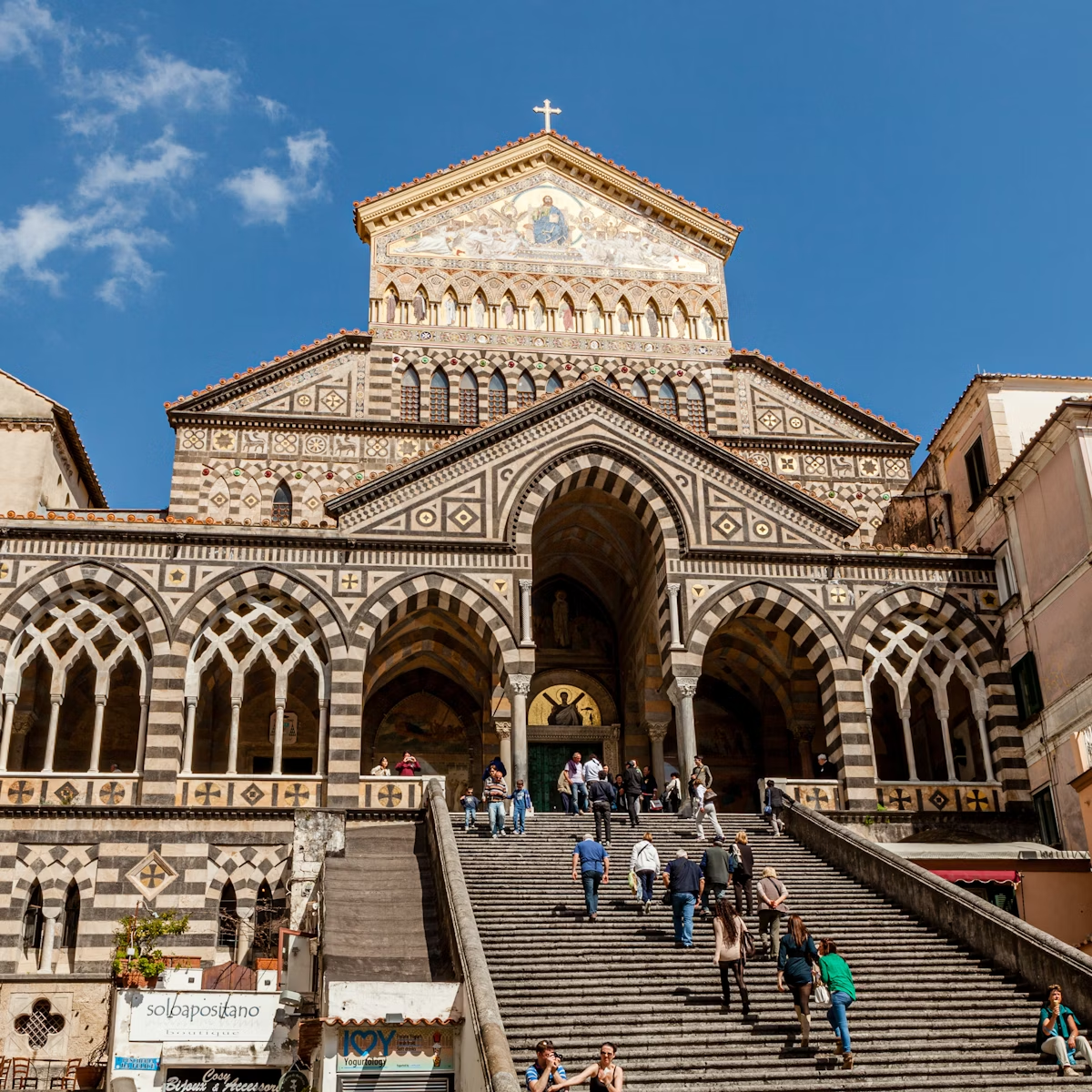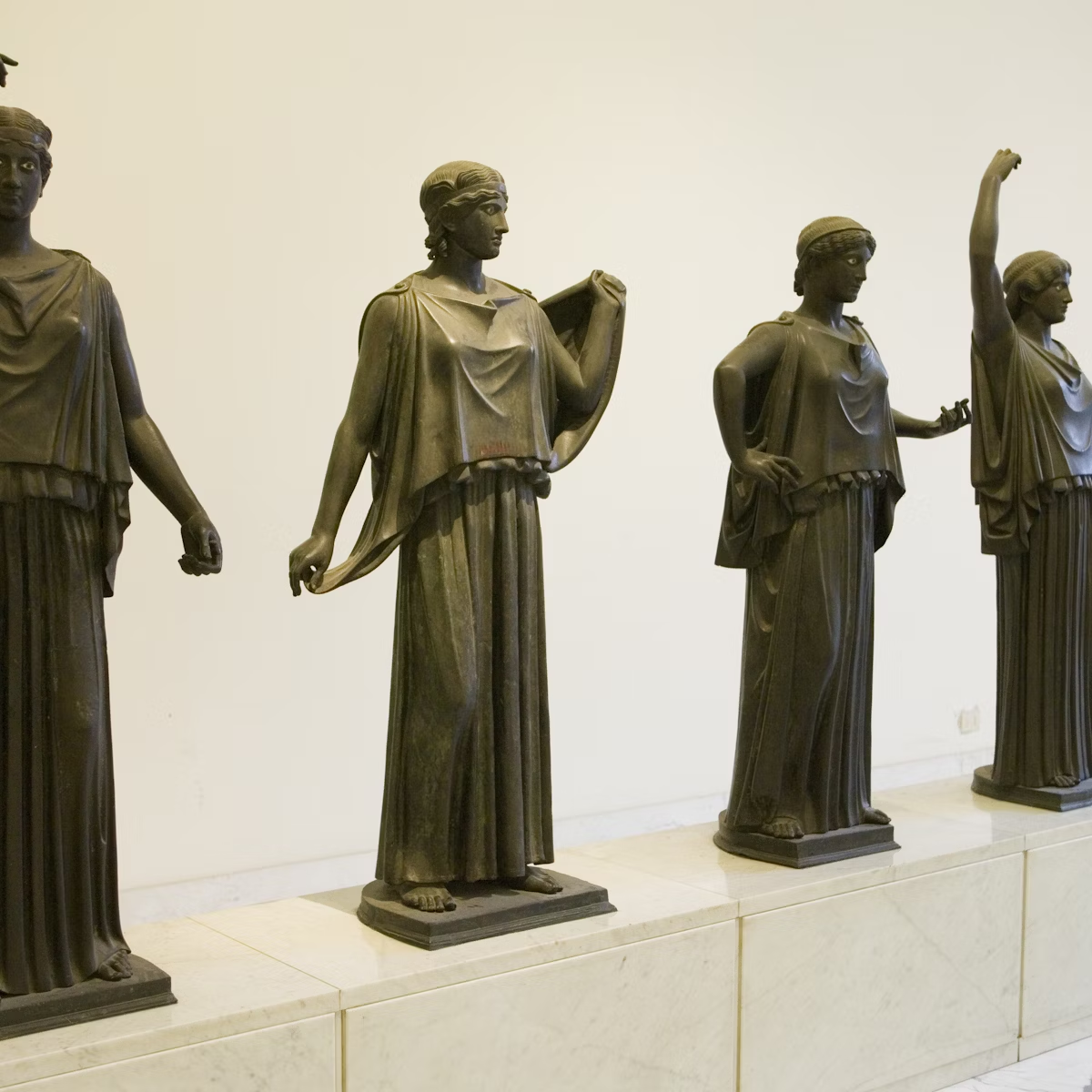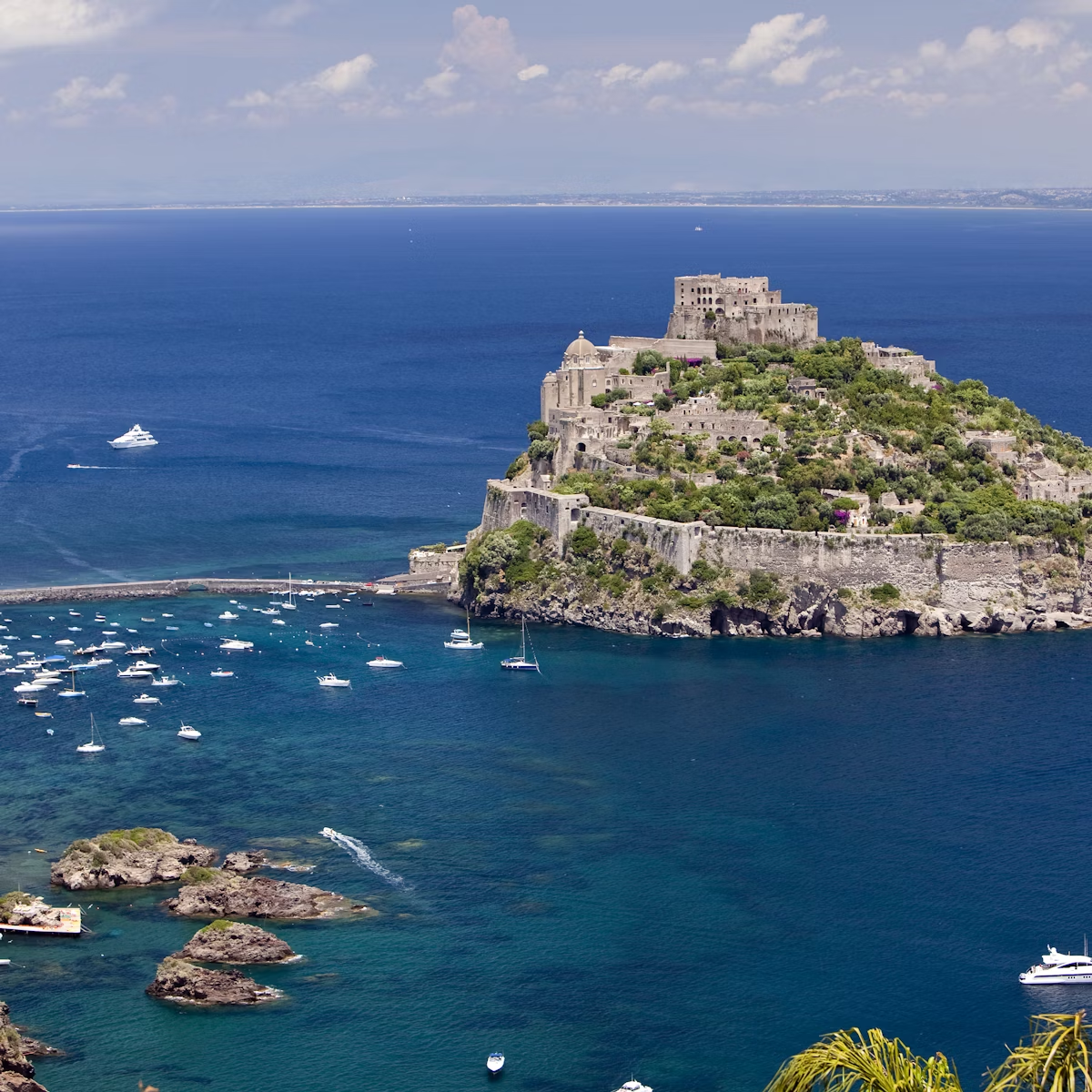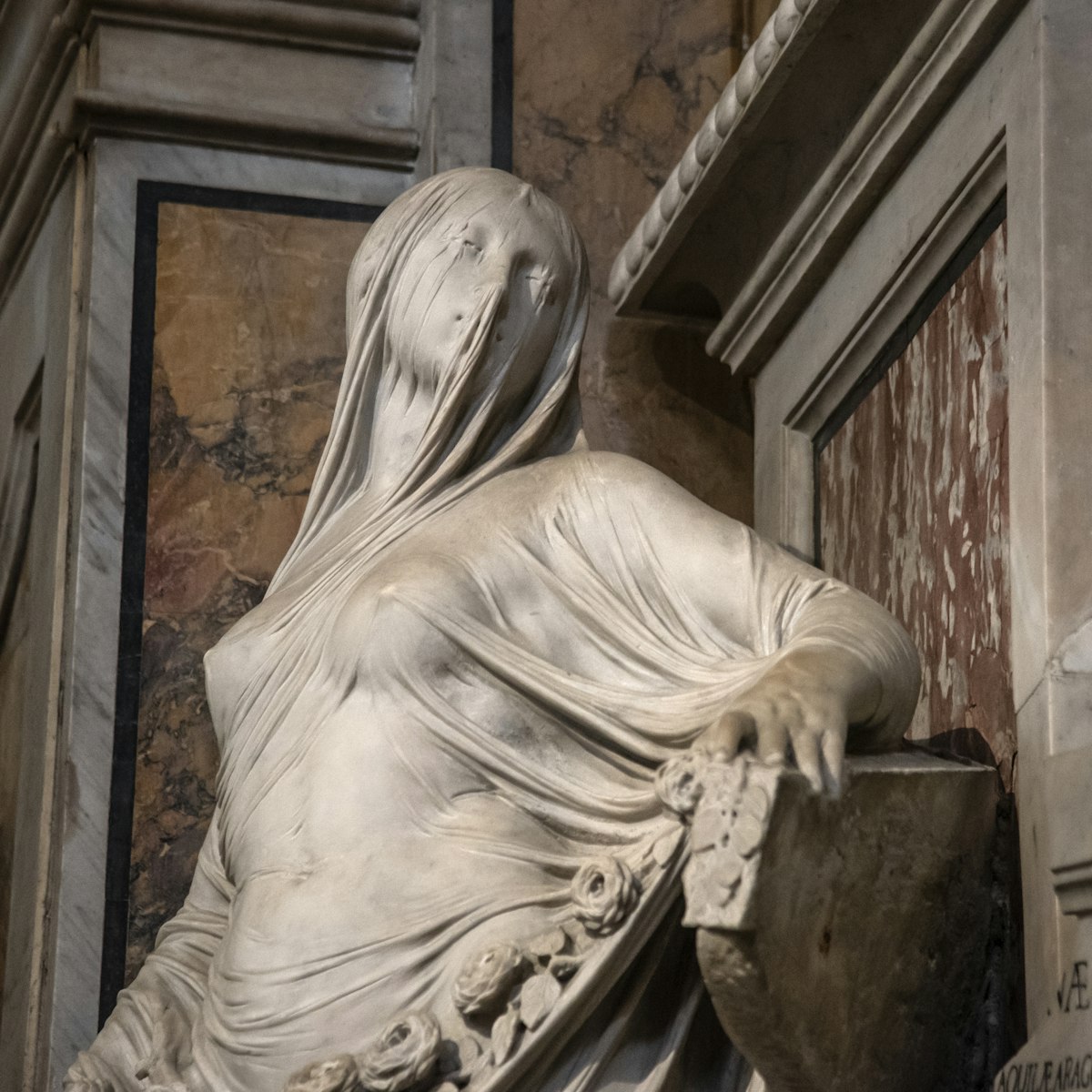Naples' Museum of the Underground is a DIY ode to speleologists and the treasures they find under the modern city. Its series of restored underground cisterns house precious debris found in the voids, from rare majolica tiles to WWII-era domestic objects. Visits are by guided tour (in Italian), which must be booked online in advance. The museum also hosts Italian-language theatrical presentations, including renditions of Dante's Inferno. See the website for upcoming tour and show times.
The museum was founded by veteran cave crusader Clemente Esposito, lovingly nicknamed il Papa del sottosuolo (the Pope of the Underground) in local speleological circles.







